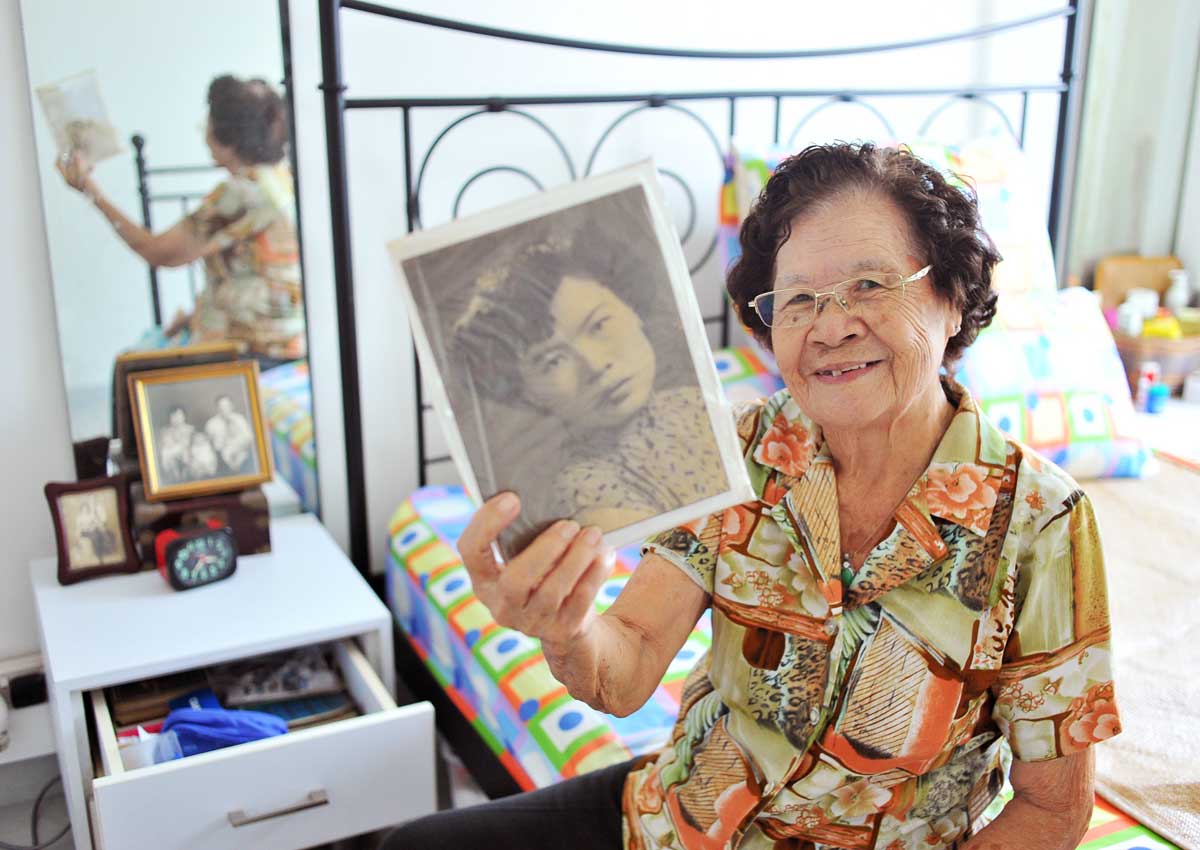Among the elderly, women and the less educated are most likely to live alone, while those with more children and higher education are less likely to do so, a recent local study has found.
It also found that elderly men who live alone are more susceptible to financial and social woes, while elderly women who live with their children but not a spouse, tend to have little outside contact and a low sense of control over their lives.
A total of 4,990 Singaporeans aged 60 and above were surveyed in 2009, while 3,103 of the same people or their proxy respondents were re-interviewed in 2011, in the study done by a team from the Duke-NUS Centre for Ageing Research and Education.
According to the study’s 2009 data, 88 per cent of older Singaporeans live with their spouse and/or children, though a small but growing proportion live with others (6 per cent) or alone (6 per cent).
The results were presented last Thursday at a conference on inter-generational transfer, human capital and inequality at the National University of Singapore (NUS).
While many findings are in line with existing literature, Associate Professor Angelique Chan, one of the study’s lead researchers, said one surprising find was that older women living with their children were not very socially integrated.
“The traditional idea is that older women living with their children are fine, but not having a spouse seems to shrink their social network. Moving into their child’s house may also make them feel like they have to go by their child’s rules, and have less control,” added Dr Chan.
More outreach should be done to this group, she said.
Social worker Danny Chee, a project coordinator at CARElderly Seniors Activity Centre in MacPherson, agrees. Many seniors who frequent the centre seem neglected and lonely, said the 48-year-old.
In MacPherson, nearly half its 28,000 residents are aged 50 and above. Of these, 1,400 live alone.
Earlier this month, it was unveiled as the third dementia-friendly community, after Yishun and Hong Kah North, with the support of the Agency for Integrated Care.
In these communities, volunteers are trained to look out for people with dementia symptoms and offer help. There are designated Go-To Points, such as community centres, where those who seem lost can be linked up with their caregivers.
Madam Rosemary Lim, chairman of the MacPherson Active Ageing Committee, said having this designation formalises work already being done in the community, such as partnering with hawkers and businesses to keep an eye out for those who may have dementia.
Besides having a high proportion of elderly residents, 60 per cent of its residents live in three-room or smaller flats, said Madam Lim, 59.
“Some who are lower income don’t know where to go for help. So we do home visits and give ration packs to those who need them, and refer some to the Social Service Office,” she added.
While programmes for the elderly are popular, more can be done to encourage seniors to leave their homes and be more active, she said.
For some of the area’s older residents, loneliness is a state of mind.
Madam Law Mah Lau, 87, who lives alone in her three-room flat in Circuit Road, said she is happy with her daily routine of taking a stroll to the market, watching TV and preparing dinner. “I don’t like to talk too much,” she said.
Mr Lee Ying Hua, 70, also lives alone, but said he enjoys meeting friends to drink beer and play mahjong. He said: “Every week, someone dies. They just stop coming downstairs. But that’s just the way life is. I don’t feel sad about it.”
tiffanyt@sph.com.sg
Additional reporting by Cheryl Lin

This article was first published on May 30, 2016.
Get a copy of The Straits Times or go to straitstimes.com for more stories.






